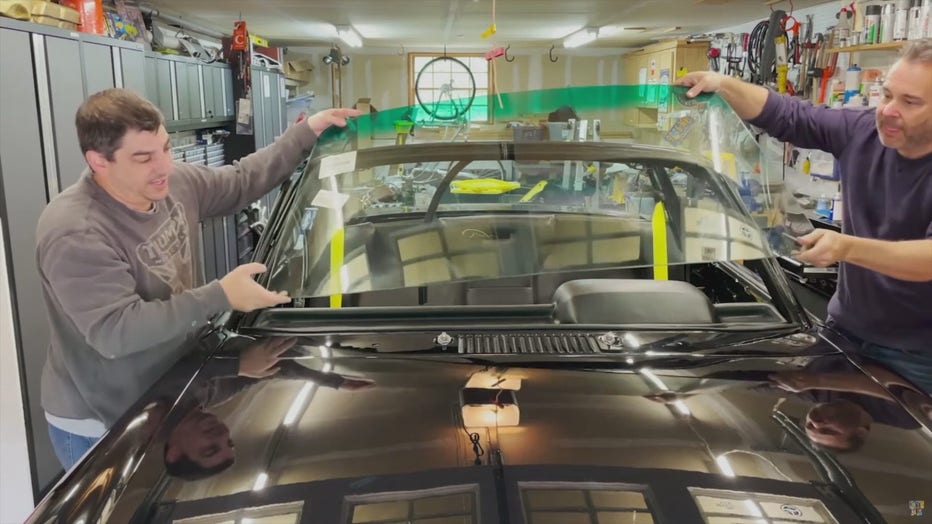Car repair: DIY, repair shop, or dealer
With new- and used-car prices still surging due to increased demand and supply shortages, more and more people are trying to keep their current car on the road longer.
But who should you trust to keep yours going strong: the dealer, an independent mechanic, or yourself?
Consumer Reports breaks down when to try your hand at repairs and when to call a pro.
If your vehicle is still under warranty, always take it to the dealer for a covered repair.
The dealer will have the most up-to-date tools and training.
And you should always bring your car to the dealer for recall work and any problem with the safety systems, including airbag and seat-belt repairs.
This is because of the ever increasing complexity of the hardware and software.
You’ll also want the dealer to tackle anything to do with the infotainment system.
But for less complex repairs, like those having to do with the brakes, the suspension, spark plugs, and even an alternator, you can save money by going to an independent mechanic.

Independent shops usually have a lower labor rate and can keep costs down by using aftermarket parts.
If you’re not afraid to roll up your sleeves, you can save even more.
Some repairs are really easy to do, like changing air filters, wiper blades, and even headlights.
The parts are inexpensive and readily available.
And if you don’t usually change your oil at home, Consumer Reports recommends going to the dealership.
While it might be more expensive than a chain shop that does oil changes,
CR’s experts say it can be worth it for the higher-quality oil and filter specific to your vehicle.

All Consumer Reports material Copyright 2021 Consumer Reports, Inc. ALL RIGHTS RESERVED. Consumer Reports is a not-for-profit organization which accepts no advertising. It has no commercial relationship with any advertiser or sponsor on this site. Fo

